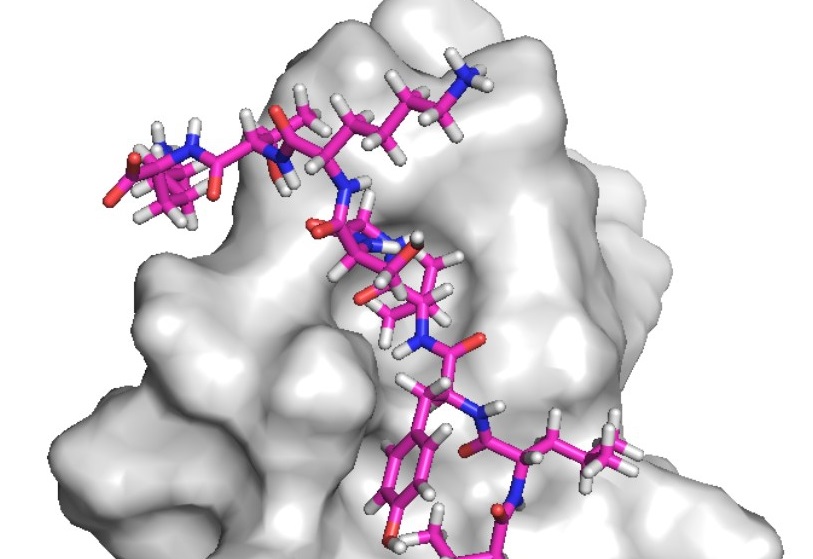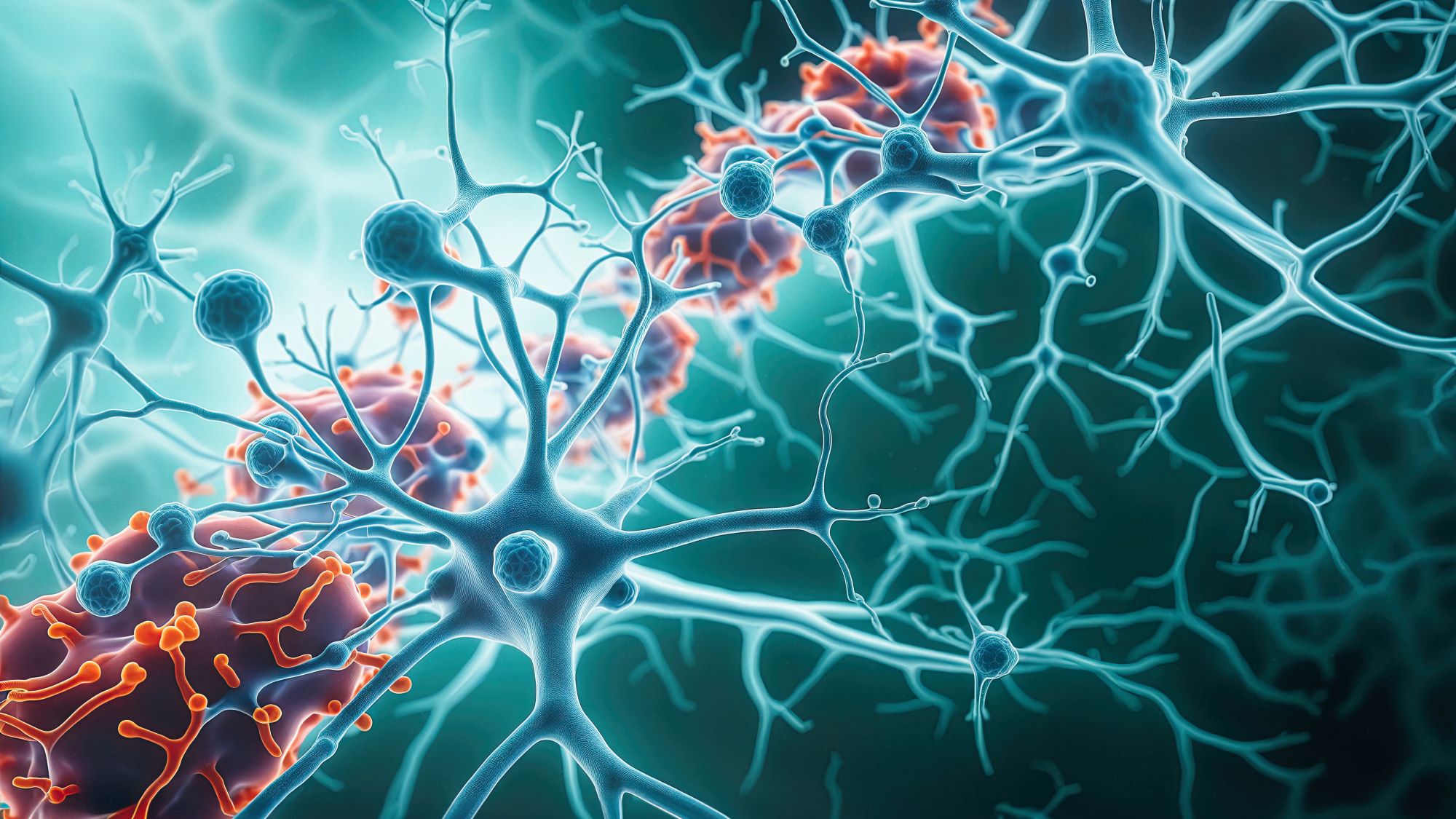A research team led by Professor Michael K. Chan and Dr. Marianne Lee from the School of Life Sciences at The Chinese University of Hong Kong (CUHK) has developed a novel peptide inhibitor that can reduce the formation of neurotoxic protein in aggregates, slowing down the progress of deterioration in patients with Parkinson’s disease and other types of neurodegenerative diseases. Their findings have recently been published in the prestigious journal Cell Chemical Biology.
Parkinson’s disease is one of the most common neurodegenerative diseases in the elderly. It can be divided into idiopathic type and those with secondary causes. Most cases are idiopathic, triggered by impaired functions of the nervous system in the brain. Although there is no medical evidence for its clear cause at this stage, various studies have found that α-synuclein aggregates in the brain nerve cells of patients with Parkinson’s disease and dementia, and this protein aggregate is the main component of Lewy bodies. This protein is toxic to neurons and leads to progressive loss of cognitive and motor functions. Lewy bodies are also prevalent in a variety of neurodegenerative diseases, including Parkinson’s disease and other related disorders such as Lewy body dementia.
Professor Chan stated, “Most patients with Parkinson’s disease and dementia have Lewy bodies, aggregates of α-synuclein, in their brain. We believe the progression of the disease can be delayed if there is a therapy which can inhibit the α-synuclein accumulation.”


The discovery of a novel peptide against Parkinson’s disease
In 2015, Ms. Zhaohui Liang, a PhD student in Professor Chan and Dr. Lee’s laboratory, brought in the initial unexpected discovery to the research team with an observation that certain variants of the protein SUMO1, a common protein found in humans, were effective against α-synuclein aggregation. In the ensuing five years, the team identified a minimal functional core, SUMO1(15-55), that could bind to the α-synuclein protein and directly suppress its aggregation, and subsequently elucidated the molecular mechanism of this inhibition.
The team then collaborated with Professor H. Y. Edwin Chan from the School of Life Sciences and Gerald Choa Neuroscience Centre, CUHK, to further evaluate the neuroprotective effect of SUMO1(15-55) in a model of Parkinson’s disease in the fruit fly Drosophila. Notably, treatment of Drosophila larvae with the SUMO1(15-55) peptide resulted in ameliorated neurodegenerative disease symptoms, highlighting the potential of their peptide as a therapeutic inhibitor against Parkinson’s disease. The team is currently working on improving the biostability, brain-targeting ability and therapeutic efficacy of the peptide inhibitor, with the hope that an optimised construct can eventually be used to treat patients in the clinic.
The current work is supported by funds from the Hong Kong Research Grants Council, AoE/P-705/16, the CUHK Center of Novel Biomaterials, the CUHK School of Life Sciences Seed Fund, and the CUHK Faculty Major Research Area 2 Translational Biomedicine Research Incentive Scheme 16/17.
About Professor Michael K. Chan and Dr. Marianne Lee
Professor Michael K. Chan is currently a Professor of the School of Life Sciences at CUHK, and Dr. Lee is a Research Fellow in the same unit. Their research interests span chemical biology, protein biochemistry, including structural characterisation of proteins, as well as the development of new technologies to deliver proteins to cells.










